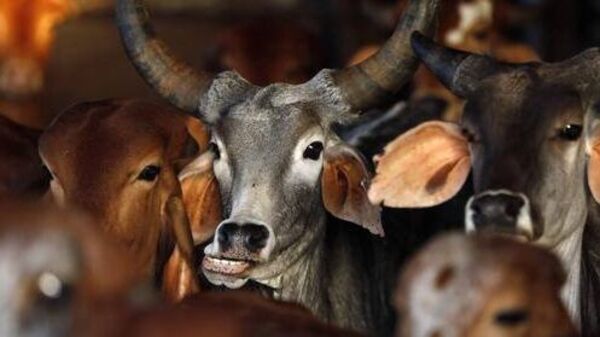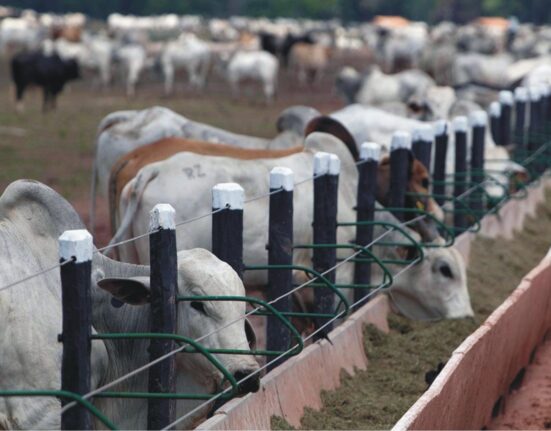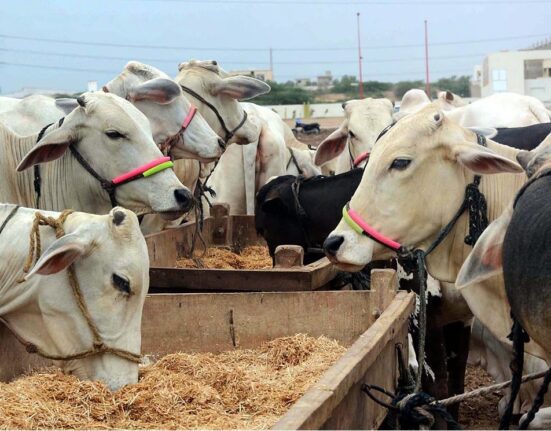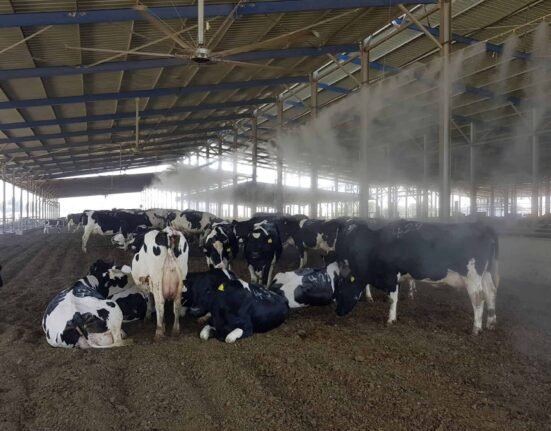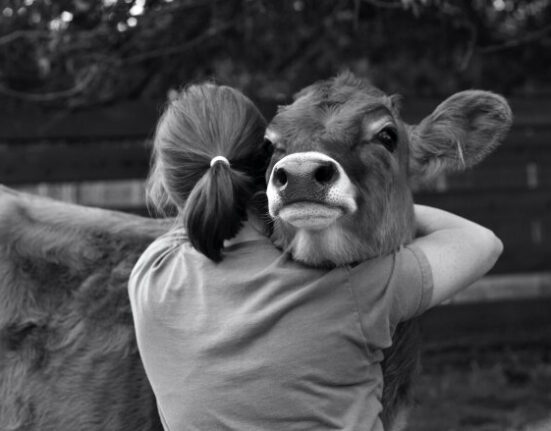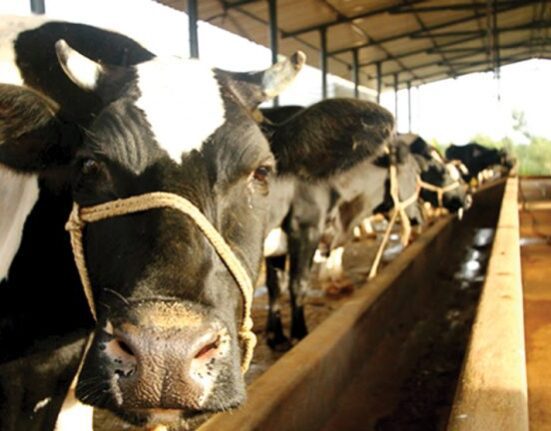India and Brazil are working together to harmonize their certification systems, including veterinary ones, to boost bilateral trade and foster technical cooperation in animal genetic material, pork meat, fish and fish products, amongst others, a Brazilian diplomat said. The ‘integrated certificates’, which will involve authorization by the Food Safety and Standards Authority (FSSAI) and the ministry of fisheries, animal husbandry and dairying, is expected to make it easier for India to receive regular imports of genetic material, fish, pork meat and their products. The certificates will incorporate requirements for both animal health and food safety in one single document, based on the recognition of mutual equivalence, the diplomat explained. Animal genetic material is used for breeding and improving animal productivity.
“There was a meeting with the DAHD officials last month. In the meeting, new certificates for bovine embryos and semen were discussed. There were also discussions on avian genetic materials like fertile eggs and day-old chicks,” Angelo de Queiroz Mauricio, agricultural attaché at Brazil’s embassy in New Delhi said. “We are not talking about products that can compete with local farmers. We are talking about new inputs and resources that can enhance Indian productivity and help the local farmers with state-of-the-art animal nutrition products, and also fertile eggs, which can, for example, enhance egg production, and provide better figures for feed conversion ratios and daily weight gain.” India has world’s largest population of livestock and is the largest producer of buffalo meat. It is also the world’s biggest milk producer. Nearly all the milk it produces is consumed domestically.
However, milk production in 2022-23 remained stagnant due to several factors, including an outbreak of lumpy skin disease. Nearly half its milk comes from indigenous and non-descript buffaloes (animals not selected or bred for milking purposes). Indigenous or non-descript cows contribute another 20%. According to the 2023 Household Consumption Expenditure Survey, the per capita consumption of milk is only around 330 ml per person per day. Mint earlier reported that Brazil will provide India bull semen genetic material to improve the productivity of Indian cattle. India through the National Dairy Development Board in January received its first batch of 40,000 doses of bull semen from Brazil. “There are many things that can be done if you have access to good genetic material. Exporting bovine embryos or fertile eggs will allow (Indian) producers to gain efficiency and increase productivity. For that, we need to discuss the veterinary health certificates.
The Brazilian Government has submitted a proposal for new certificates to the Indian government and we are working on that.” The idea of the new certificates is to facilitate these requirements. A health certificate is an official document issued by the exporting country, proving that the requirements established by the importing country are being met. But good genetic material alone is not enough to ensure high productivity gains. It must also be complemented by good animal nutrition practices and products, as well as state-of-the-art management practices and ready to use technological solutions for farmers.
India and Brazil are also collaborating on these matters and working on technical cooperation projects in the field of animal husbandry and agriculture. The two sides are also discussing an integrated certificate, which deals with requirements for different purposes in different departments or institutions in one single document. A good example of an integrated certificate is one that encompasses both, the requirements for food safety, which is dealt by FSSAI and animal health, which is dealt by the ministry of fisheries, and animal husbandry and dairying. Queries sent to the ministry and FSSAI remained unanswered at press time.
Source : Livemint

